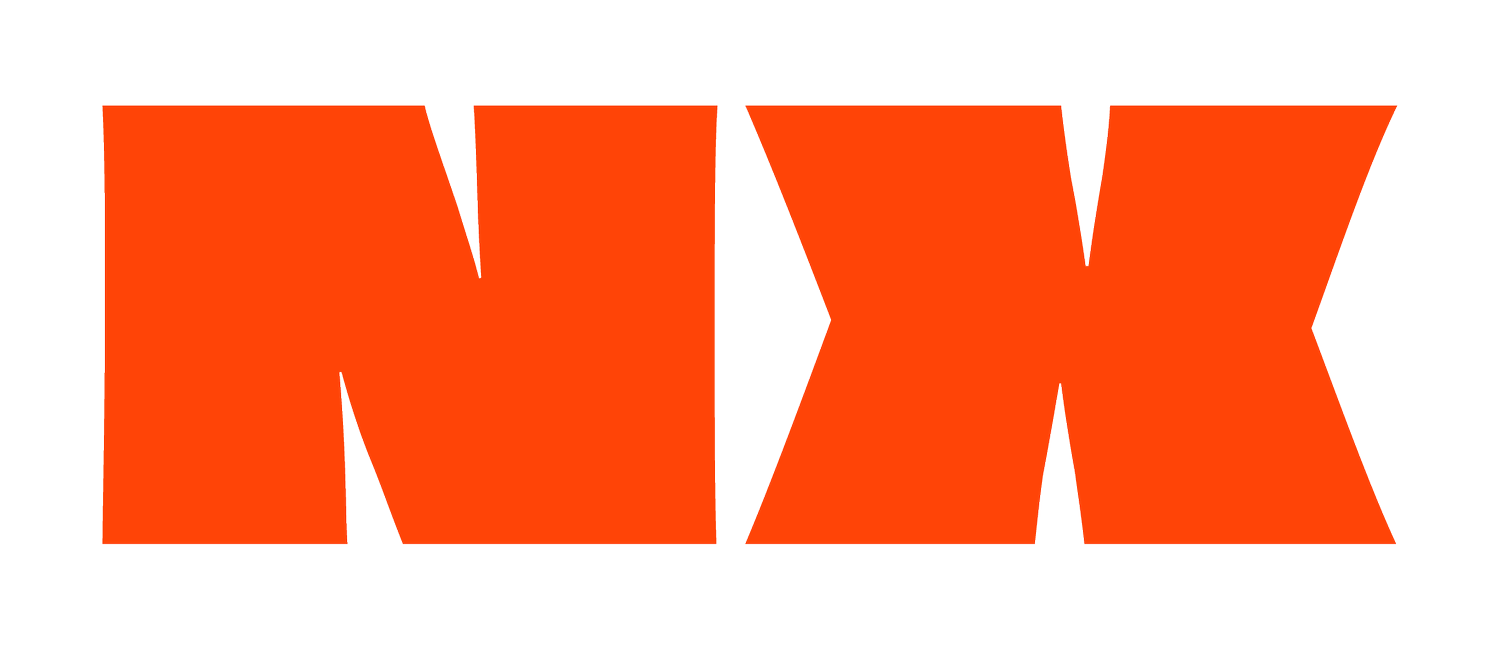IHR WEBINAR 🧑💻 The next decade of talent: How AI Is changing candidates, teams, and the way we hire
AI is no longer a “future of work” buzzword - it’s here, and it’s already changing how candidates present themselves, how recruiters screen, and how teams make decisions.
At our recent webinar on The Next Decade of Talent, we gathered leaders from across the people and talent space — Jessica Jones (Head of People & Culture at Coolr), Emma Green (Fractional Head of People at Utility Bidder), Kirsty Hulse (CEO of Neuroworx), and host Natasha Preocanin from IHR — to explore the questions HR leaders are asking right now:
How are candidates already using AI tools, and what’s coming next?
What does the data really say about changing behaviours and expectations?
How is AI reshaping onboarding, performance, and learning?
Where are the biggest risks — and opportunities — for talent teams?
And crucially, what can organisations do today to prepare?
How Candidates Are Already Using AI
Candidates are already using AI to supercharge every stage of their job search - from drafting and keyword-optimising CVs and cover letters, to mass-applying for roles at scale, to rehearsing AI-generated interview answers. Some are even experimenting with using AI during live assessments, which has forced employers like Amazon to set explicit rules against it. This behaviour means polished applications are no longer proof of potential, pushing HR teams to shift towards skills-based assessments and scenario testing.
Recent data shows:
65% of UK job-seekers say they’ve used AI in their job search (Gartner).
72% of HR professionals would disregard a CV if it was clearly written by AI (NX Insights).
Over a third of hiring managers claim they can spot an AI-generated resume in under 20 seconds (LinkedIn Insights).
The implication is clear: polish is no longer proof of potential. If CVs can be artificially inflated, the focus has to shift to skills demonstrated in context.
What the Data Says
Adoption is accelerating fast:
In 2019, only 10% of large employers used AI in hiring.
By 2024, that number jumped to 62%.
By 2026, it’s forecast to exceed 90% (SHRM/Gartner).
Meanwhile, only 10% of HR and L&D leaders believe their workforce has the skills needed for the next 12–24 months (ITPro, 2025).
This mismatch is the real challenge: AI is transforming jobs faster than organisations are adapting.
Risks and Opportunities
Alongside this rapid innovation comes regulation and compliance pressure - with the EU AI Act, NYC’s bias audit laws, and growing candidate expectations for transparency making clear that organisations must set policies on acceptable AI use, redesign job descriptions around measurable skills, and audit tools for bias if they want to stay both competitive and compliant.
Risk: inflated, AI-written applications make it harder to identify true talent.
Risk: regulatory frameworks (GDPR, EU AI Act, NYC bias audits) will require far greater transparency.
Opportunity: skills-based hiring creates fairer, more consistent, and future-proof pipelines.
Opportunity: AI can reduce admin load, freeing recruiters to focus on human connection.
What Companies Can Do Today
Here’s the checklist we left our audience with - practical steps you can start tomorrow:
Write your AI-in-hiring policy: who can use AI, for what stages, with what approvals.
Add disclosure clauses in candidate communications (“decisions are made by humans”).
Acknowledge candidate AI use: assume CVs and cover letters are AI-assisted.
Introduce skills-based hiring: test substance, not polish.
Define acceptable vs. unacceptable AI use: CV drafting = fine; completing assessments = not fine.
Redesign job descriptions: focus on measurable skills, not buzzwords.
Upskill recruiters and hiring managers: train them to interview effectively in an AI context.
Communicate clearly with candidates: fairness and transparency build trust.
The Bottom Line
This is the worst AI will ever be and the gap between the technology and organisational adoption will never be this small again.
If resumes can lie, but skills don’t, then the organisations that win will be the ones that shift to skills-first hiring.
That’s exactly what we have already built at Neuroworx: helping companies hire based on what people can actually do, not just how good they (or their AI) are at writing CVs. All our assessments are completely custom, written entirely for the specifics of your company and your requirements. Get a demo here.
